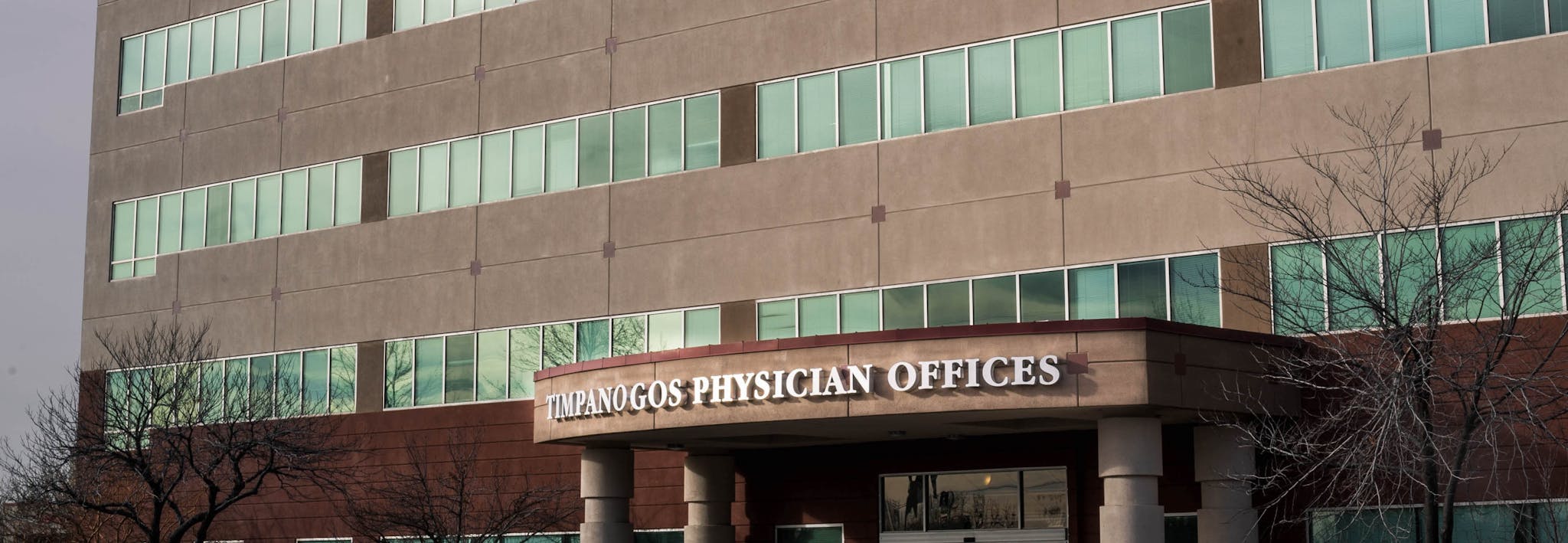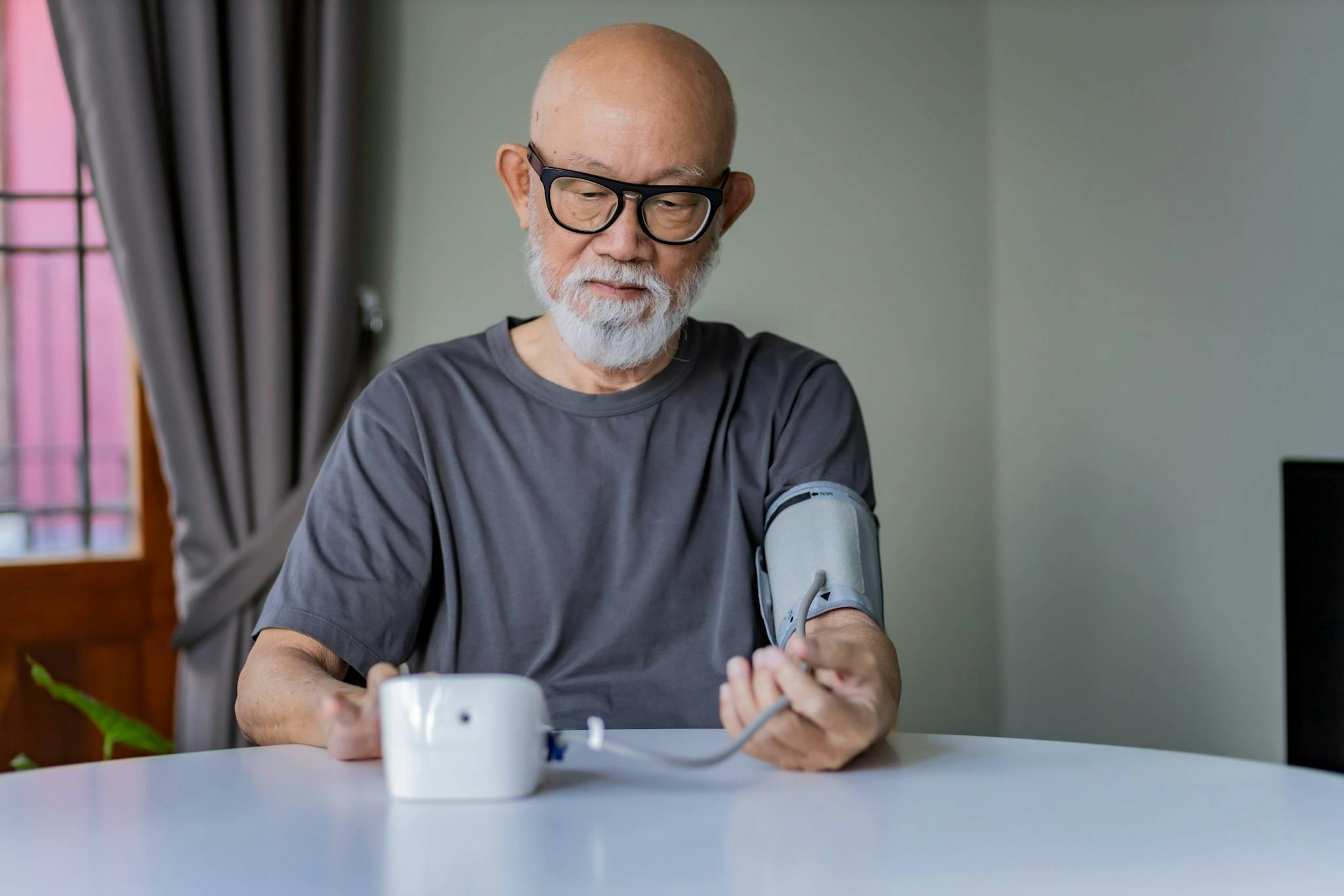
2024-02-12T10:43:02
Caramel Kettle Popcorn
- Cardiology
- Recipes
December 11, 2017 | Cardiology
Specialties:General Cardiology

A healthy human heart is made up of four valves that help keep blood flowing in the proper direction. Each of these valves has flaps, which open and close for every heartbeat.
When these valves don’t open or close properly, the flow of blood through the heart and to the body is disrupted. To fix this, your doctor might recommend heart valve surgery—this is a surgery in which your surgeon either repairs or replaces the damaged valves.
Heart valve surgery can be done if your condition is severe, worsening or if you’re experiencing symptoms of valve dysfunction. Here’s what you can expect when discussing heart valve concerns with your doctor:
Your doctor will explain what to expect before, during and after surgery, and will discuss any concerns you may have. A few tips to prepare include:
Most procedures go as follows:
If it’s possible, your doctor will recommend heart valve repair first, which is less invasive than full replacement and preserves the valve. Heart valve repair might include:
If the heart cannot be repaired, valve replacement might be needed. Your doctor will remove the heart valve and replace it with a mechanical valve made from cow, pig or human heart tissue. You may have to take blood-thinning medications after this, possibly for the rest of your life. A minimally invasive catheter can be used here when possible.
Following heart valve surgery, you’ll generally spend at least a day in the intensive care unit of a hospital. You’ll be monitored and given fluid, nutrition and medications through IV lines. You may be given oxygen. After ICU, you’ll be moved to a regular hospital room for a few days. You’ll be instructed to walk regularly and gradually increase your activity level as you recover. When you leave the hospital, your doctor will give you instructions for recovery.
There are a few potential risks of heart valve surgery:
If you’re dealing with heart valve issues, your doctor can offer recommendations about whether heart valve surgery might be right for you.
Sources:
“Heart valve surgery.” The Mayo Clinic. https://www.mayoclinic.org/tests-procedures/heart-valve-surgery/home/ovc-20306281
“Options for Heart Valve Replacement.” American Heart Association. http://www.heart.org/HEARTORG/Conditions/More/HeartValveProblemsandDisease/Options-for-Heart-Valve-Replacement_UCM_450816_Article.jsp
WRITTEN BY:
The Live Better Team


2024-02-12T10:43:02

2024-02-05T15:00:39

2023-03-21T11:33:07

2022-12-15T13:51:19
This information is not intended to replace the advice of a medical professional. You should always consult your doctor before making decisions about your health.